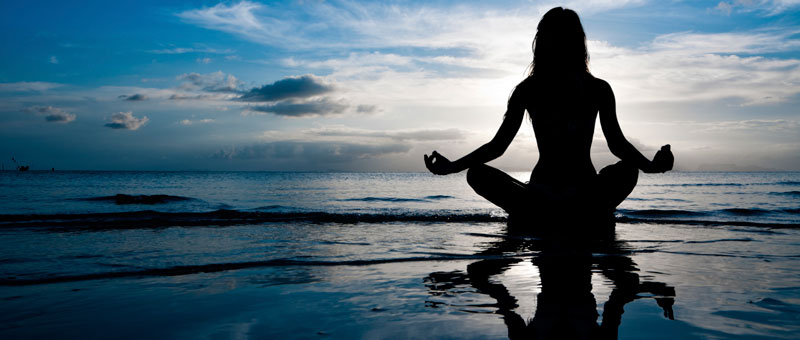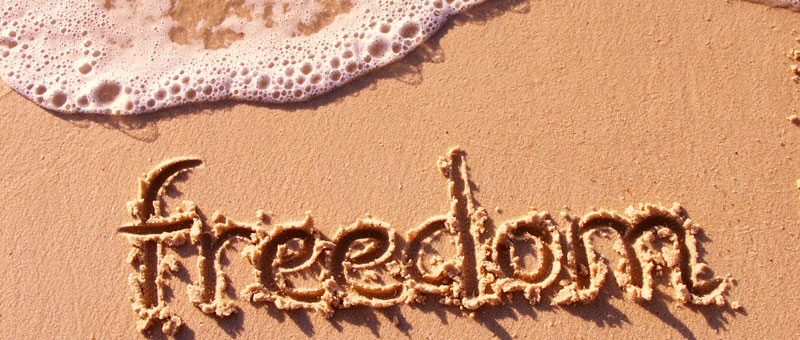One of the things you are likely going to have to deal with in early recovery is addiction cravings. These urges to drink or use drugs again can seem to appear out of nowhere (although they will always be triggered by something), and they can happen at the most inconvenient time. A traditional approach to dealing with drug or alcohol cravings is distraction, but this can reinforce the idea that urges are something you need to be afraid of. A more effective approach might be to use the mindfulness tool of urge surfing.
What is Urge Surfing?
“…an urge is like an ocean wave that grows bigger and bigger as it approaches the shore. As it grows, there’s the desire to just give in, but if you do, you’ll reinforce the power of the addiction. Instead, you can ride the “wave” by using the breath as a kind of surfboard.” – Alan Marlatt
Urge surfing is a technique devised by Alan Marlatt who was a professor of psychology at the University of Washington. It is a way of applying mindfulness as a way for dealing with cravings rather than turning to distraction. These urges rarely last more than 20 minutes, so if the person can just sit with this thought, it will eventually disappear.











